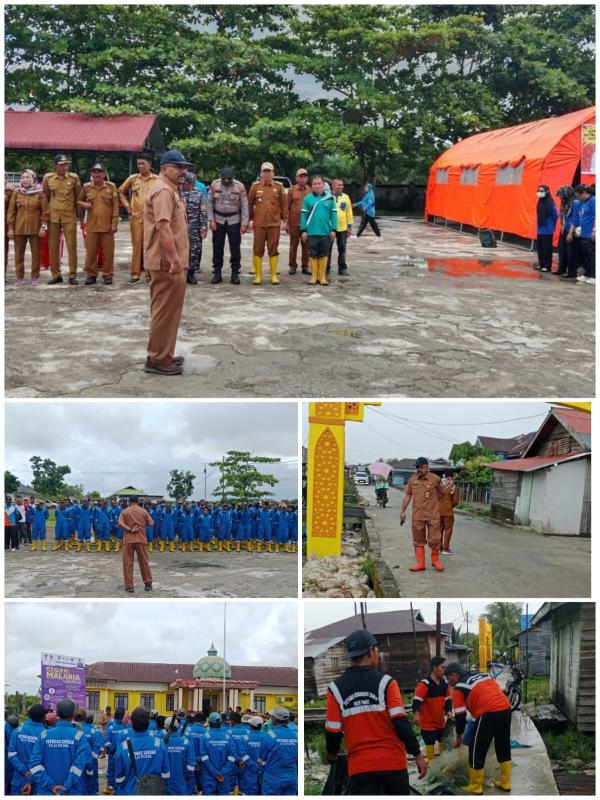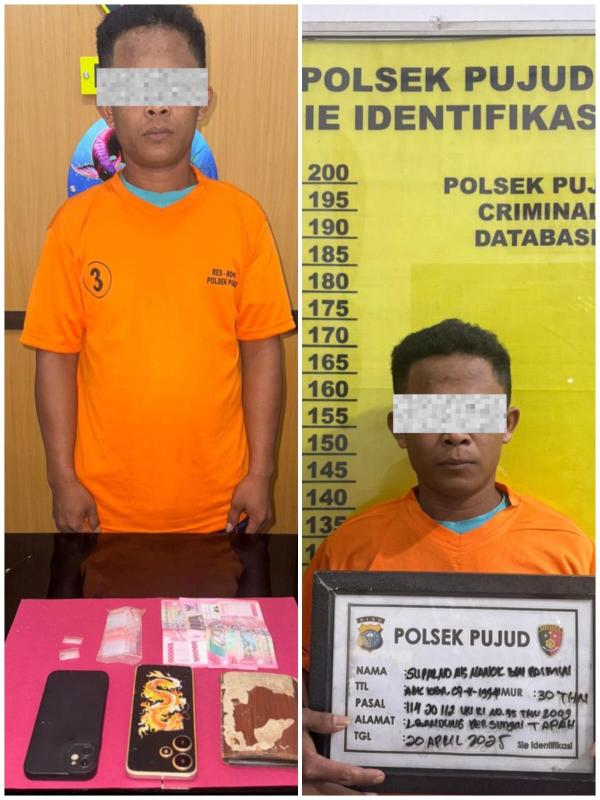- Home
- MediaOutReach
- Digital Intelligence Integration Leading the Future: The World Internet Conference Asia-Pacific Summit Held in Hong Kong for the First Time
Digital Intelligence Integration Leading the Future: The World Internet Conference Asia-Pacific Summit Held in Hong Kong for the First Time
Senin, 21 April 2025 | 14:01
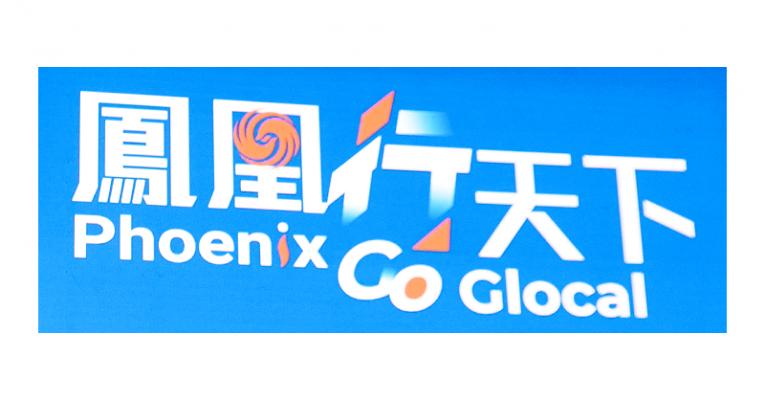
HONG KONG SAR -
Media OutReach Neswire
- 20 April 2025 - The 2025 World Internet Conference Asia-Pacific
Summit successfully took place from April 14 to 15 at the Hong Kong
Convention and Exhibition Centre. This marks the first international
summit of the World Internet Conference held in Hong Kong in its 11-year
history, attracting nearly a thousand government officials, experts,
scholars, and business representatives from over 50 countries and
regions to discuss the core theme of "Digital Intelligence Integration
Leading the Future—Joining Hands to Build a Community of Shared Future
in Cyberspace."
The summit was hosted by the World Internet Conference, with Phoenix Media Group serving as a supporting institution providing in-depth coverage from multiple perspectives. The international event brand "Phoenix Go Glocal" focused on hot topics and engaged in discussions with top global experts on new technology trends. Several high-level forums at the summit addressed cutting-edge topics such as artificial intelligence, cybersecurity, and digital governance. Artificial intelligence emerged as one of the key topics, with the widespread application of the open-source model DeepSeek sparking discussions and promoting "technological inclusiveness" as the main theme of the conference.
Ren Xianliang, Secretary-General of the World Internet Conference, emphasized in an exclusive interview with Phoenix TV that DeepSeek, as an open-source project, benefits the entire global community. He pointed out that the development of the internet and artificial intelligence should enable more people from various countries and regions to share in the technological dividends, opposing a closed and exclusive development model.
Zhuang Rongwen, Director of the National Internet Information Office and Chairman of the World Internet Conference, noted that new technologies like AI are reshaping economic structures and social forms, and global cooperation is key to building a community of shared future in cyberspace. Attendees unanimously agreed that technology should benefit people worldwide rather than create "technology islands."
Representatives from Africa, Latin America, and other regions shared their experiences of cooperation with China in areas such as communication infrastructure and cybersecurity. Diaz, Director of the National Telecommunications and Postal Service of Nicaragua, stated that China's technology and training have greatly enhanced local digital capacity building.
Additionally, local innovative enterprises in Hong Kong shone at the summit, with AI startups showcasing cutting-edge achievements in brain-machine interfaces and bionic robots, highlighting Hong Kong's innovative potential in the "AI+" era. The SAR government also announced several policy initiatives, including the establishment of an AI research institute and the promotion of smart manufacturing, striving to transform Hong Kong into an international innovation and technology center.
Wang Yong, Vice Chairman of the National Committee of the Chinese People's Political Consultative Conference, called for adherence to true multilateralism in his keynote speech, promoting inclusive governance and building a safe and orderly digital space.
This summit not only highlighted Hong Kong's unique advantages as a hub for technological exchange in the Asia-Pacific but also sent a clear signal for deepening digital cooperation and promoting high-quality development in the region.
The summit was hosted by the World Internet Conference, with Phoenix Media Group serving as a supporting institution providing in-depth coverage from multiple perspectives. The international event brand "Phoenix Go Glocal" focused on hot topics and engaged in discussions with top global experts on new technology trends. Several high-level forums at the summit addressed cutting-edge topics such as artificial intelligence, cybersecurity, and digital governance. Artificial intelligence emerged as one of the key topics, with the widespread application of the open-source model DeepSeek sparking discussions and promoting "technological inclusiveness" as the main theme of the conference.
Ren Xianliang, Secretary-General of the World Internet Conference, emphasized in an exclusive interview with Phoenix TV that DeepSeek, as an open-source project, benefits the entire global community. He pointed out that the development of the internet and artificial intelligence should enable more people from various countries and regions to share in the technological dividends, opposing a closed and exclusive development model.
Zhuang Rongwen, Director of the National Internet Information Office and Chairman of the World Internet Conference, noted that new technologies like AI are reshaping economic structures and social forms, and global cooperation is key to building a community of shared future in cyberspace. Attendees unanimously agreed that technology should benefit people worldwide rather than create "technology islands."
Representatives from Africa, Latin America, and other regions shared their experiences of cooperation with China in areas such as communication infrastructure and cybersecurity. Diaz, Director of the National Telecommunications and Postal Service of Nicaragua, stated that China's technology and training have greatly enhanced local digital capacity building.
Additionally, local innovative enterprises in Hong Kong shone at the summit, with AI startups showcasing cutting-edge achievements in brain-machine interfaces and bionic robots, highlighting Hong Kong's innovative potential in the "AI+" era. The SAR government also announced several policy initiatives, including the establishment of an AI research institute and the promotion of smart manufacturing, striving to transform Hong Kong into an international innovation and technology center.
Wang Yong, Vice Chairman of the National Committee of the Chinese People's Political Consultative Conference, called for adherence to true multilateralism in his keynote speech, promoting inclusive governance and building a safe and orderly digital space.
This summit not only highlighted Hong Kong's unique advantages as a hub for technological exchange in the Asia-Pacific but also sent a clear signal for deepening digital cooperation and promoting high-quality development in the region.
BERITA LAINNYA
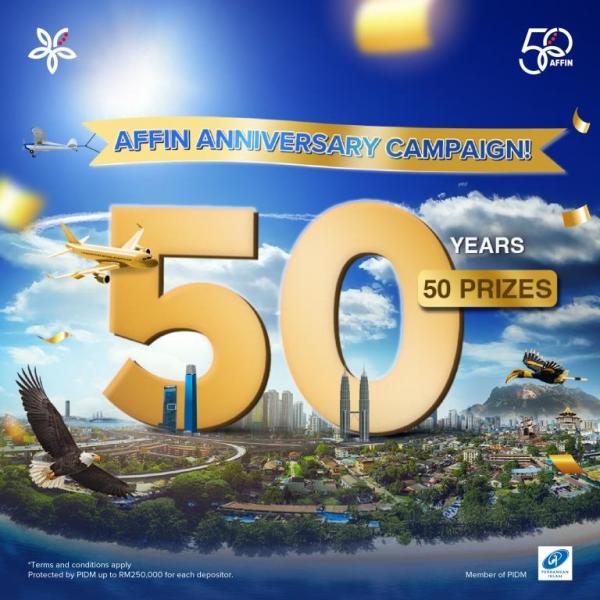
Selasa, 22 April 2025 | 14:17

Selasa, 22 April 2025 | 14:16

Selasa, 22 April 2025 | 14:14
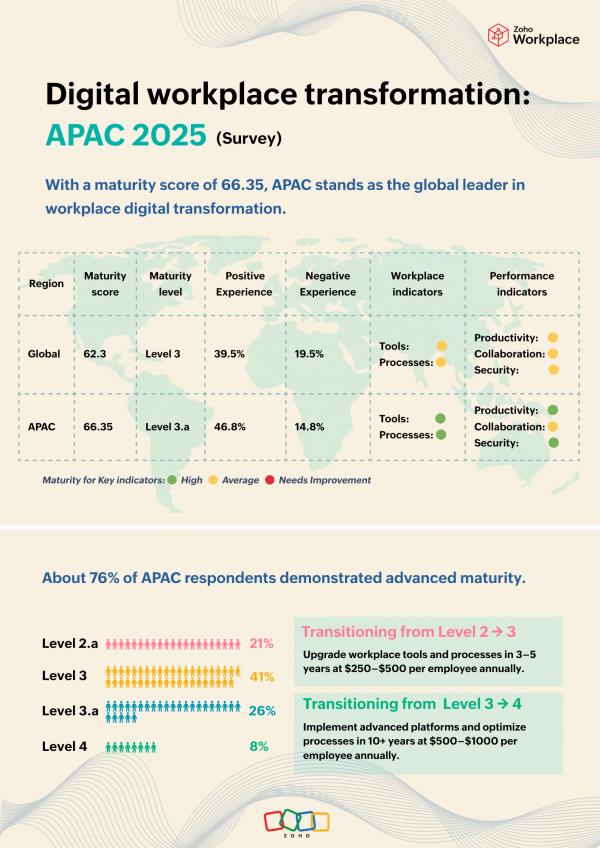
Selasa, 22 April 2025 | 08:35

Selasa, 22 April 2025 | 08:35
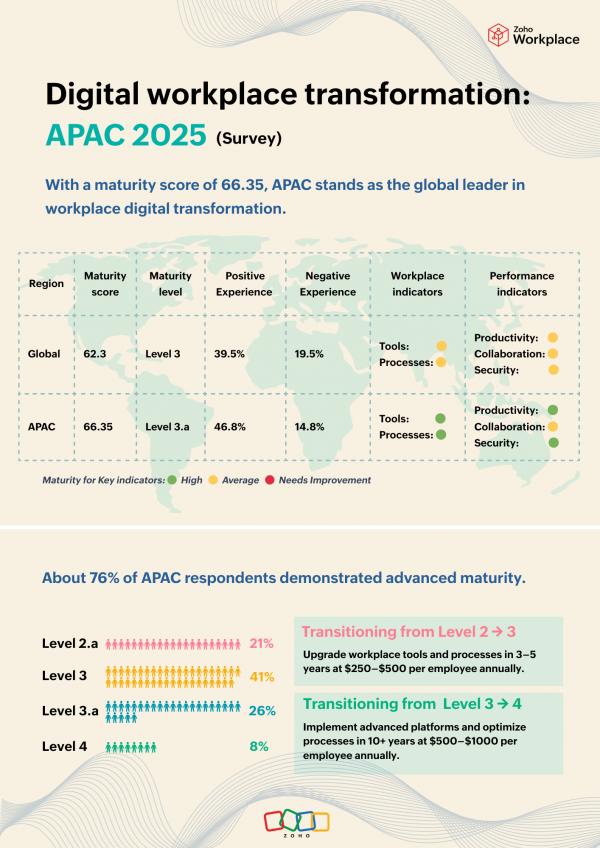
Selasa, 22 April 2025 | 08:34
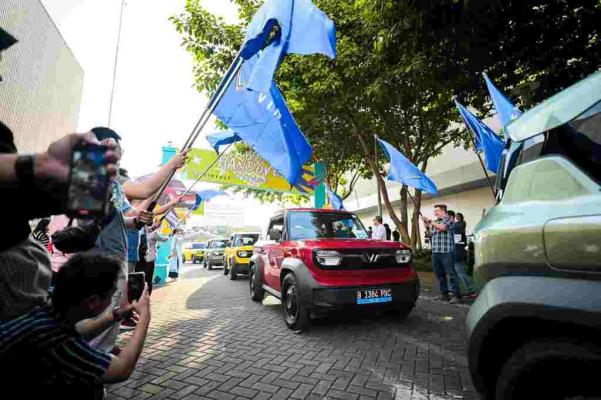
Senin, 21 April 2025 | 14:03
Senin, 21 April 2025 | 14:02
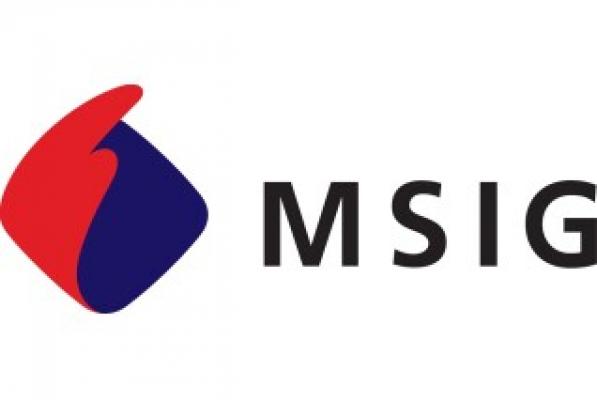
Senin, 21 April 2025 | 14:02

Senin, 21 April 2025 | 14:01

Sabtu, 19 April 2025 | 09:30





